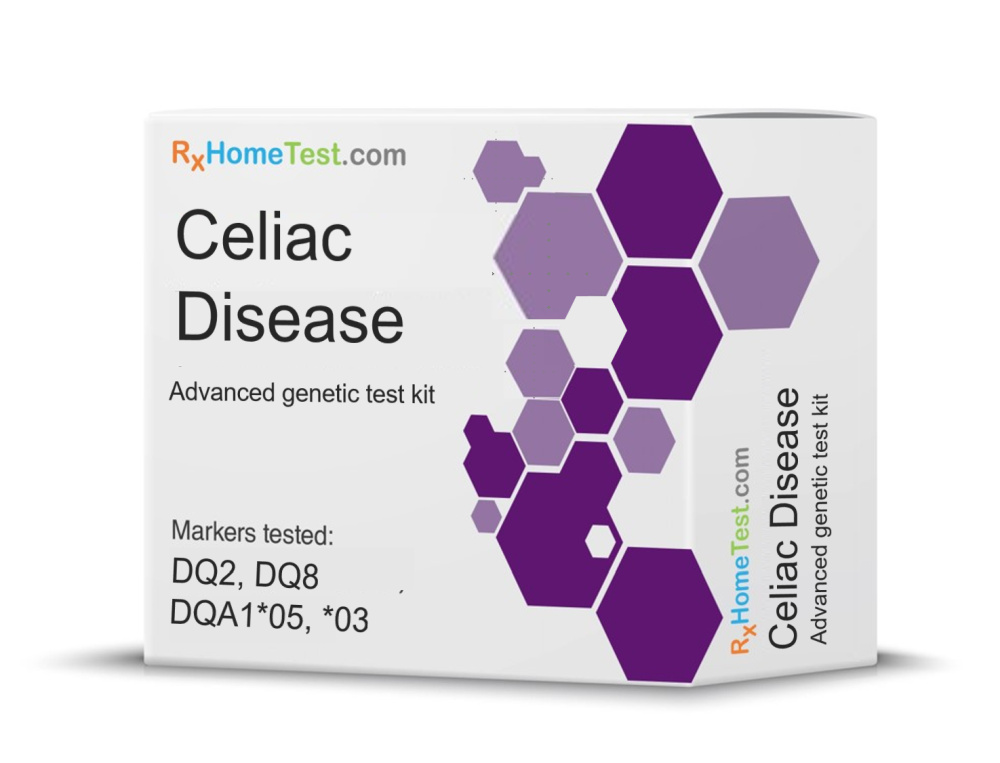
Are you aware of the potential negative impacts of the gluten-free trend? Explore the risks of following a gluten-free diet when you don’t need to.
If you’ve been in a grocery store or perused a restaurant menu lately, you’ve likely noticed an increase in gluten-free options. This trend in gluten-free living has risen in popularity because many believe that adopting such a diet is healthier or can help them lose weight.
However, individuals without celiac disease or gluten sensitivity must understand that a gluten-free diet can potentially harm them. Here are five negative impacts that following the gluten-free trend can have on your physical and mental well-being to help you understand why going gluten-free isn’t always the healthiest choice.
One significant concern with gluten-free diets is the potential for nutritional deficiencies. Gluten-free products, particularly those made from refined grains, often lack essential nutrients such as fiber, iron, and B vitamins, leading to deficiencies in these nutrients over time. This deficiency may result in fatigue, irritability, and difficulty concentrating.
It’s no secret that gluten-free products often come with a heftier price tag compared to their gluten-containing counterparts. This financial strain can make it difficult for individuals to maintain a balanced diet, as they may choose cheaper and potentially less nutritious options to stay within their budget. The constant worry about affordability and accessibility can also add significant emotional stress.
Another negative impact of going gluten-free is that it can cause you to gain weight. Many gluten-free products have added sugars and fats to improve taste and texture, which can lead to unintentional weight gain. Additionally, since gluten-free products often contain fewer nutrients, individuals may overeat to compensate, consuming more calories as a result.
Many jump on the gluten-free bandwagon without having been properly tested for gluten sensitivity or celiac disease. In such cases, a gluten-free diet might create a misleading sense of improved health, while underlying health issues remain unaddressed.
Adopting a gluten-free lifestyle can lead to feelings of social isolation, especially when it comes to sharing meals with friends and family. Most social gatherings and events revolve around food, and it can be challenging for someone following a strict gluten-free diet to find suitable options to eat. Therefore, some may feel a sense of alienation, with some feeling left out during group meals or being perceived as “picky” or “difficult” when it comes to their dietary restrictions.
A gluten-free diet can work wonders for individuals with celiac disease or gluten sensitivity, helping to alleviate uncomfortable and harmful symptoms. But others must understand that this lifestyle may not be the healthiest choice for them. Consider using a service such as RxHomeTest’s gluten sensitivity DNA tests, which can provide a detailed analysis of whether you have the genes necessary to react with gluten. The test results can help ensure you’re making the right choice for your health. You can feel confident you’re making an informed decision and tailoring your dietary choices to better serve your well-being.

Order an At-Home Celiac Genetic Test.
Celiac – FAQs - key facts about gluten intolerance.
The Differences Between Genetic and Antibody Celiac Tests - a summary of key differences.
Early Warning Signs for Celiac Disease To Look Out For - a summary of key symptoms.
How to Read a Celiac Genetic Test Report? - makes it simple, easy to understand your results.
Food Allergies vs Food Sensitivities: What’s the Difference? - a few simple steps to differentiate.
What to Do With Your Food Sensitivity Test Results? - follow these steps to get most out of your test.
Food Allergies in Children - a short summary.
Replacement Grains For Gluten-Free Diet - few gluten-free grains to enjoy.